THIRTYARDS
Creative | Connections | Conversations | Contacts | At the pace of the Flyfishing Coast - Wexford
SWFF WORKSHOPS
One & Two Day W.Shops Fully Allocated 2024
‘Micro workshops’ are available here -> WORKSHOPS+
The One Day Workshops
To stand at the edge of the sea, to sense the ebb and flow of the tides, to feel the breath of a mist, is to have knowledge of things that are as nearly eternal as any earthly life can be.
Rachel Carson
Discover a new world of how bass fishing on the fly can become a uniquely challenging and satisfying coastal adventure for you.
Learn and understand fish behavior under many different locations in different circumstances and most importantly how best to rig, cast and retrieve your fly (or not) to make the most of your opportunities. Unravel the mysteries of fly fishing in wind and waves, drift, strip, pop, when and where……after ten years of International guiding for bass on the fly from the shore and boat the opportunity to share that accumulated knowledge is now fully available to you.
10 single day workshops between May and October only.
2 day workshops on request.

– Please note this is a Single Day Workshop. The objective is maximum learning with the possibility of catching. The workshop day consists of a blended learning sequence of the many and various aspects challenges and rewards that is bass fishing on the fly.
The 2 day workshop option is combined with both on the water guiding and instruction on day 2. This option is limited and has minimum availability
Please ensure you have read the participation statement below.
Maximum two people only.
Day One of One Day
Bass – a species overview
In the classroom! – 3 hrs
- The legislation, conservation and continued protection of the species
- Season and influences
- Growth – Breeding – Behavior
- Timings
- Feeding patterns
- History of, in Ireland
- General behavior in locations like estuaries, rocky shores, open surf beaches
- Discover how to read tides properly and the effects they have on our fishing for bass
- Understanding the finer points of weather influences on your fishing on the Wexford coast and on the further Irish coast
- Winds and their influence
- Rain and its subsequent effects
- Air temperature
- Water temperature
- Discover and gaining understanding of location development and ‘bass behavior patterns’ over time and tide
- Fly fishing at Night – the challenges, this section is on request only
- Safety
- Tactics
- Timings
- Fly choice
- Line Choice
Fly fishing gear – an introduction
- Rod types and their different application
- Suitable reels
- Line types and profiles for saltwater fishing different approaches
- Fluorocarbons, polyleaders, mono and leader construction
- Line rod and reel care in the saltwater environment
- Unique fluorocarbon and mono knots for fly fishing
- Fly fishing and rigging
- Fly choice and type (recommendations)
- Surface fly fishing
- Sub surface fly fishing and casting
- Intermediate lines
- Sinking lines
- Surface flys, poppers gurglers and walkers
- Using your basket effectively
- Safety when casting and fishing when windy
Break for Lunch at the Coast
Getting out there – time on the coast 3 Hrs
- Your safety and a quick location audit on how to stay safe whilst fish landing/handling
- How best to stay comfortable and fish effectively when fly fishing
- Learning ‘Location development’ over a tide
- Watercraft and ‘running down the fish
- Learn to Cast at the Coast
- Correct presentations over different locations over time and over tidal current / wave
- Fly choice and selection for any given time tide and location type
- Catch and Return – its much more than returning fish (discussions)
- Fish handling regarding
Day Two of Two Day
Session One
On the water – 3 to 4 hours morning and evening
On the water tactics and techniques Part I
- Your safety and a quick location audit on how to stay safe whilst fish landing/handling
- How best to stay comfortable and fish effectively when fly fishing
- Learning ‘Location development’ over a tide
- Watercraft and ‘running down the fish
- Learn to Cast at the Coast
- Correct presentations over different locations over time and over tidal current / wave
- Fly choice and selection for any given time tide and location type
- Catch and Return – its much more than returning fish (discussions)
- Fish handling regarding
- Leaving the fish in the water when releasing
- Playing and then landing the fish avoiding stress
- What to do over sand, rocks and other difficult areas
- Un-hooking and handling,
- Photographing returning and recovery OR proper dispatching of fish
- Reviewing the legislation
- Applying points 8 to 10 from session One on the water
On the water tactics and techniques Part II
- Reviewing the different types of presentations and their applicability to different types of fly fishing
- The fly profile, colour, its action and its role in fishing when conditions are tough
- Fly fishing and you—common errors to avoid and positive aspects to enhance
- Advanced fishing tactics and strategies including boat fishing intro
- Line management
- Distance casting
- Casting with BIG flies
- Dealing with wind and high seas
- Confidence when handling and returning fish and making super photographs
__________________________________
Paul Moinester, is a writer, photographer and environmentalist from the USA and he comments “the more time I spend in Ireland, the more I am amazed by the country’s endless quality fishing offerings, incredible beauty, and collection of talented fly fishing professionals. The Bass retreat was proof positive of this sentiment as anglers from across Ireland and abroad gathered in Cobh to learn from world-class instructors about how to most effectively pursue trophy sea Bass on Ireland’s stunning, rugged coast. This is an experience that I won’t soon forget.
PARTICIPATION STATEMENT
Jim Hendrick recognises that coastal saltwater fly-fishing is an activity with a danger of personal injury or death. Participants in this activity should be aware of and accept these risks and be responsible for their own involvement. By booking a day/workshop you are aware and accept these risks and will be responsible for your own actions and involvement. Jim Hendrick will help you to manage these, but can never completely remove them.
CONDITIONS OF BOOKING
These conditions also apply to each individual when booking as a group. It is advised that you take out your own personal accident/cancellation insurance.
INSURANCE AND LOSS
Jim Hendrick guided days/workshops do not include any personal accident, cancellation, third-party liability or personal insurance. Jim Hendrick recommends that you take out your own policy. Jim Hendrick will accept no responsibility whatsoever in respect of loss or damage to personal property.






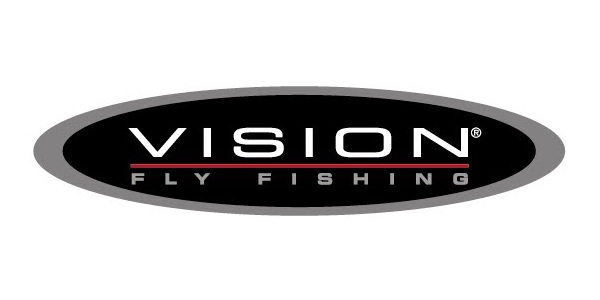

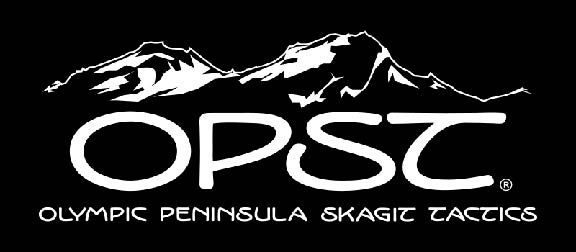
















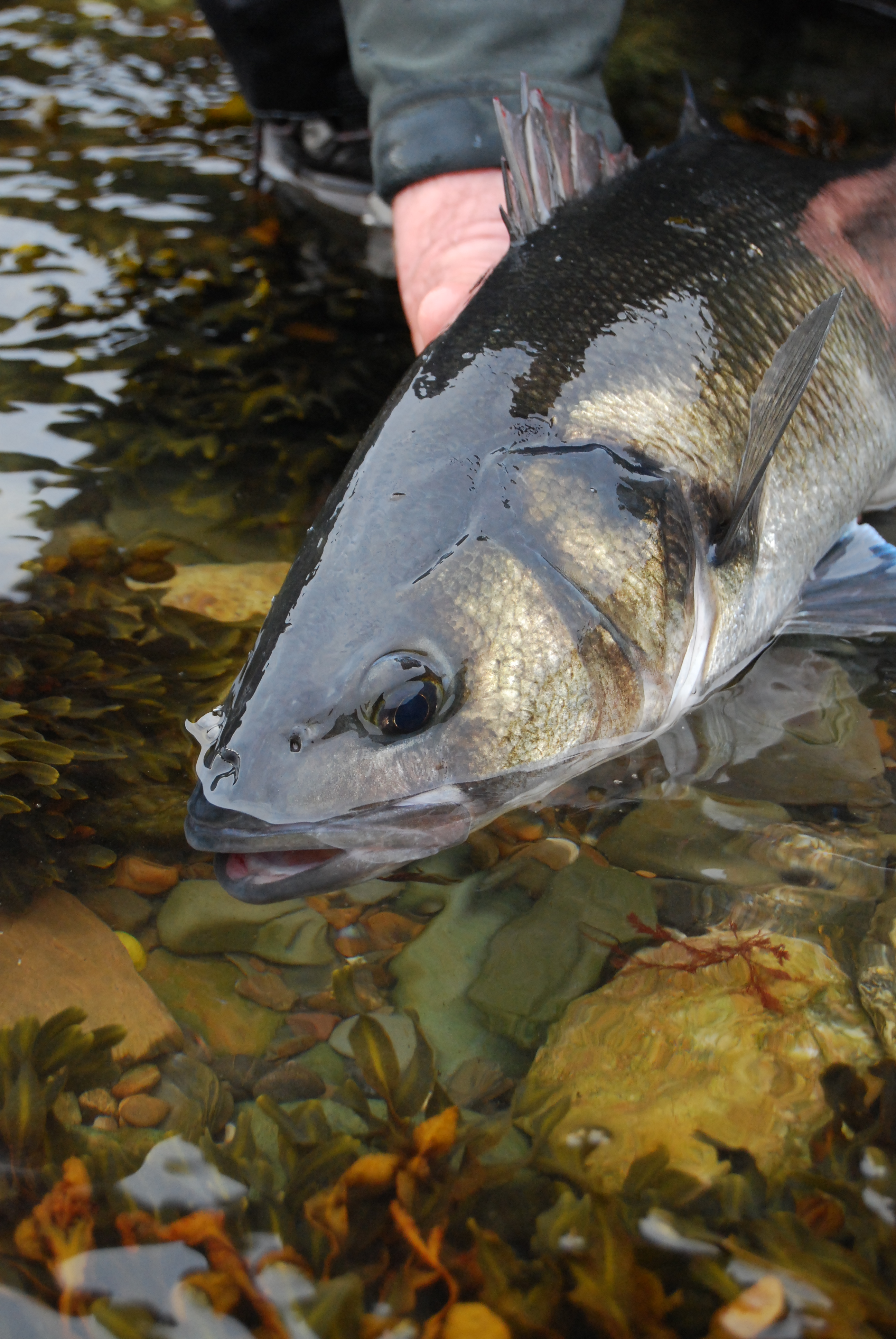


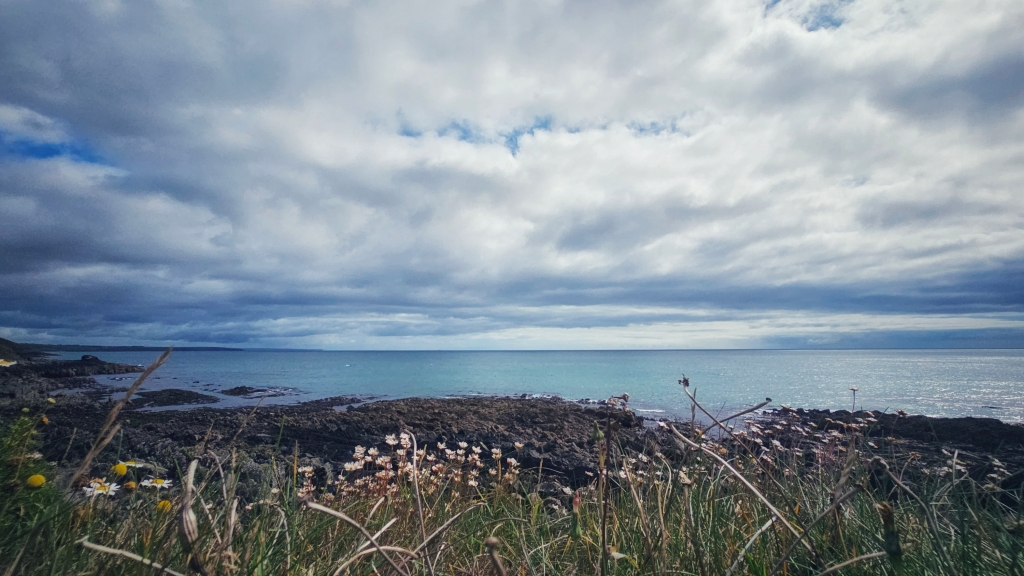


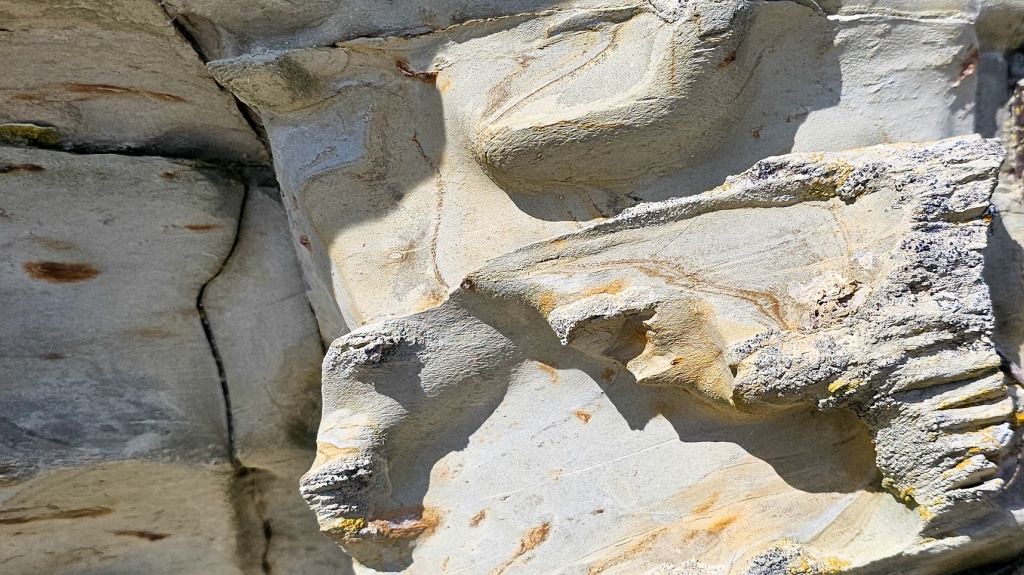
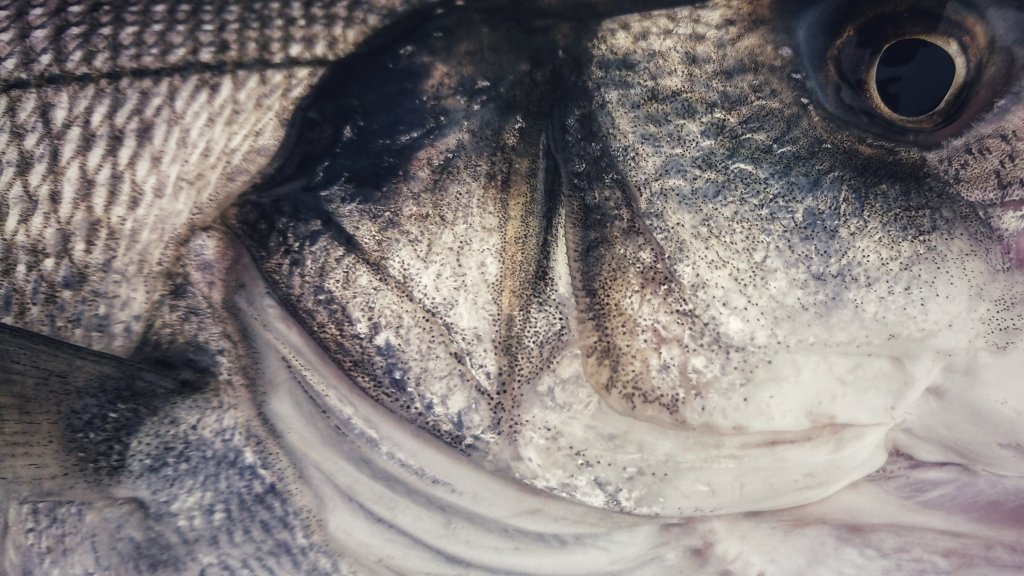

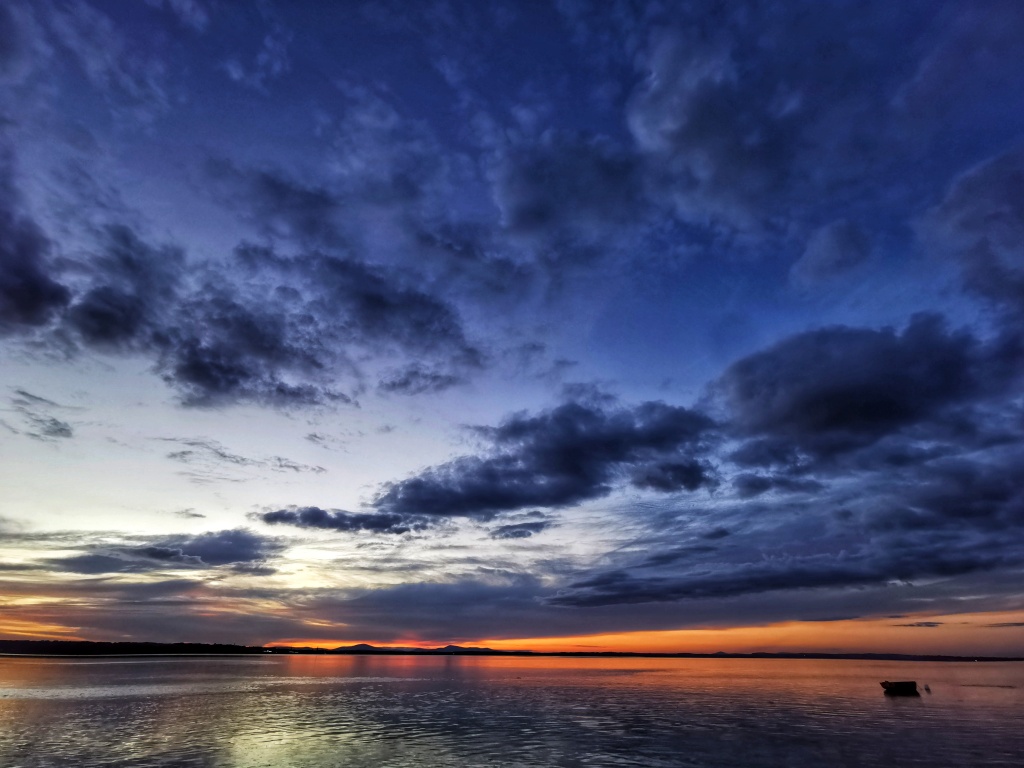


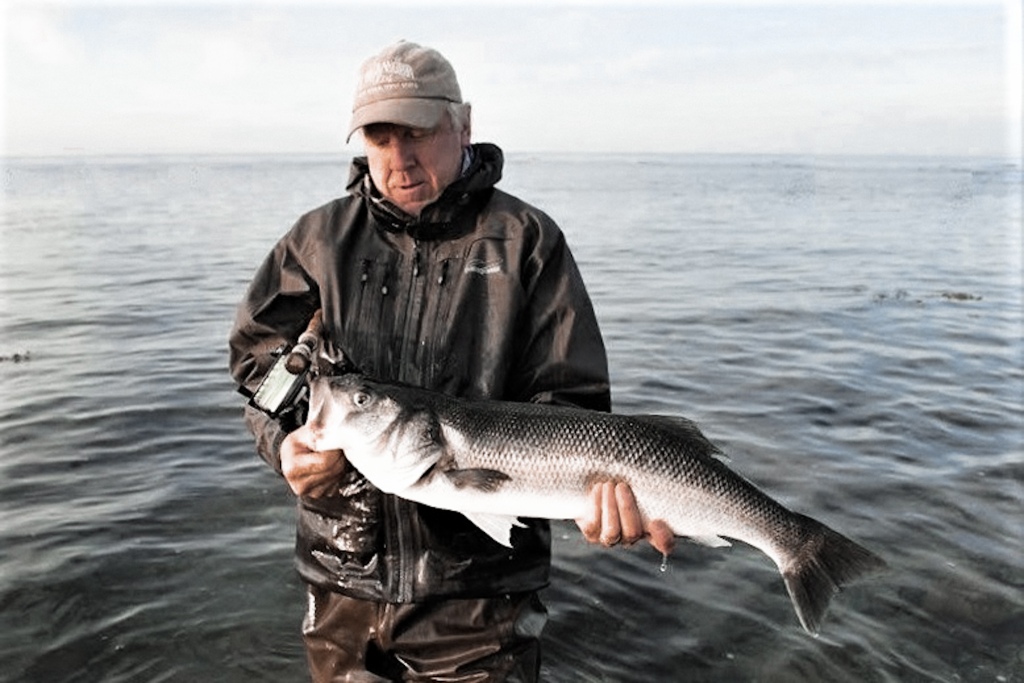
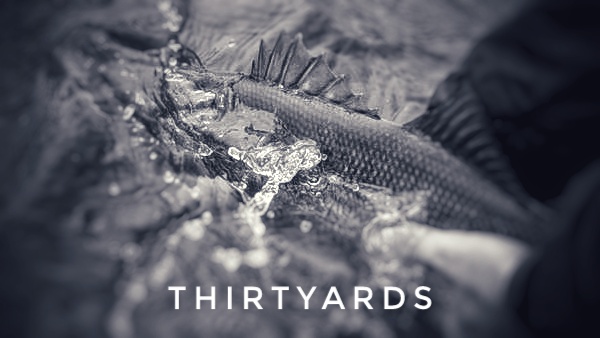
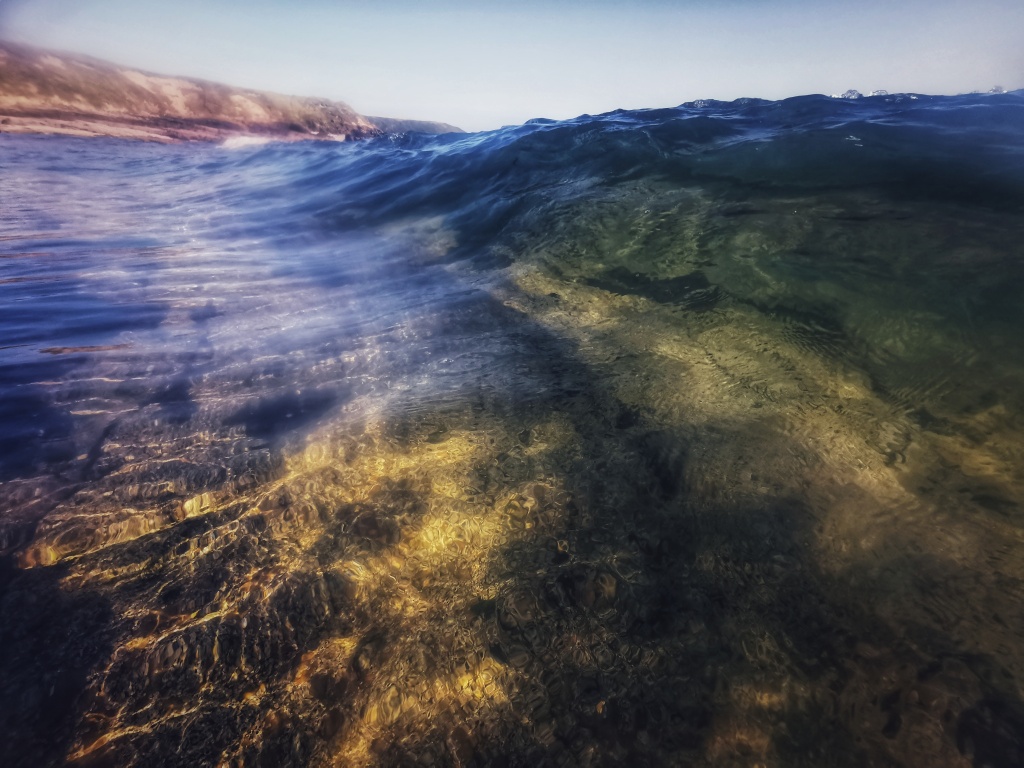



You must be logged in to post a comment.